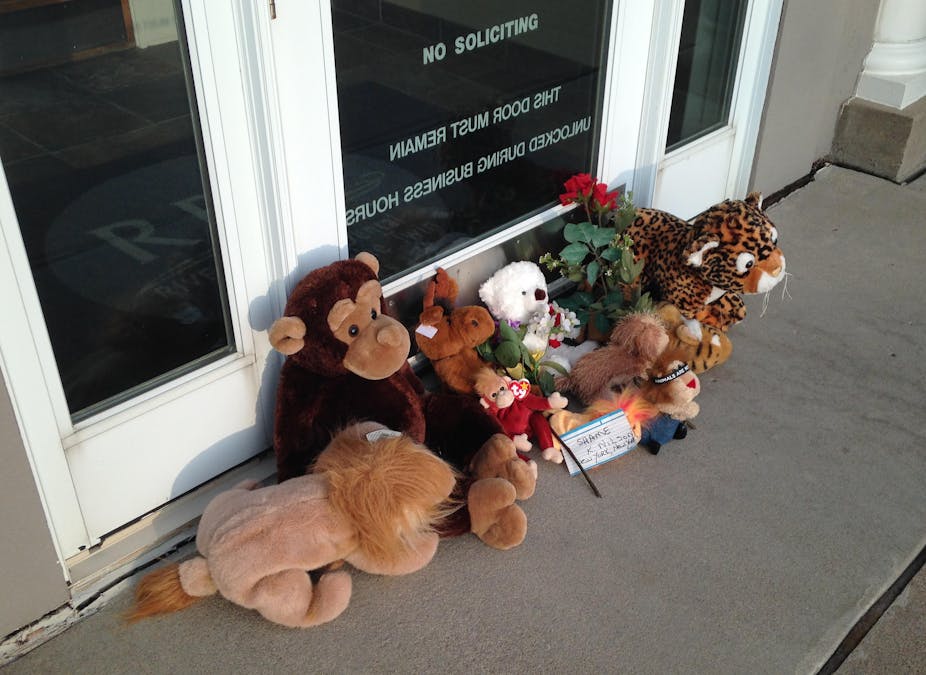The killing of Cecil the lion in Zimbabwe has brought fresh attention to an entrenched, ongoing crisis in wildlife conservation.
As unsustainable global consumption and population growth continue to roll back the space for wild animals around the world, many species are on the edge of extinction. This crisis has deep roots in Western societies, although the effects are often felt most acutely in developing nations.
The fact that in 2015 people are still travelling thousands of miles to kill exotic animals and bring back trophies shows deeply rooted cultural problems in Western societies, where such behaviour should be unthinkable.
What’s being done
There are global efforts underway, for example through the UN Decade of Biodiversity, to promote pro-conservation social change in the protection of plant and animal species. This programme’s first goal is to affect the way people view the diversity of plant and animal species. This has certainly not yet been met, as the level of understanding about biodiversity varies substantially around the world.
Appreciating the intrinsic value of biodiversity is important. But the case of Cecil the lion shows that a great deal more needs to be done to promote changes in attitudes, while also ensuring there are effective legal sanctions in place. Making a difference for wildlife conservation requires addressing the way wildlife are represented in media, the structures of wildlife tourism that support sport killing of animals, and changing attitudes about the consumption of animal products from poached animals.
Change needed in the way humans view animals
The fact that there is any interest in killing these animals among wealthy visitors also suggests that there needs to be a major change in how animals are viewed. Animals are widely understood simply as objects to be used by humans as they see fit. This way of relating to animals is unsustainable.
Beyond the sustainability concern, basic respect for other living creatures is needed. As long as animals are viewed as instruments to serve human purposes, with no intrinsic value as living creatures, it is not a great leap to think it is fine to kill a lion if it makes you feel masculine or powerful.
The important point here is that there are systemic problems with the way animals are used merely as resources to be consumed by humans. Non-human animals are often viewed as just another consumer good to be used up and discarded with no concern for the present or future consequences.
Animals in danger of extinction are obviously the most urgent concern, but large-scale social change is required to make a real difference. Moreover, as with many problems in poor countries around the world, the origins are in wealthier, developed nations such as the US, where a market for poached products continues to operate.
Enhanced public engagement with biodiversity, conservation and related issues is fundamental to the struggle to curtail the loss of plant and animal life already well underway around the world. But an occasional public outcry is not sufficient. This issue, like many others, requires sustained attention and systemic change to make a real difference for wildlife.

